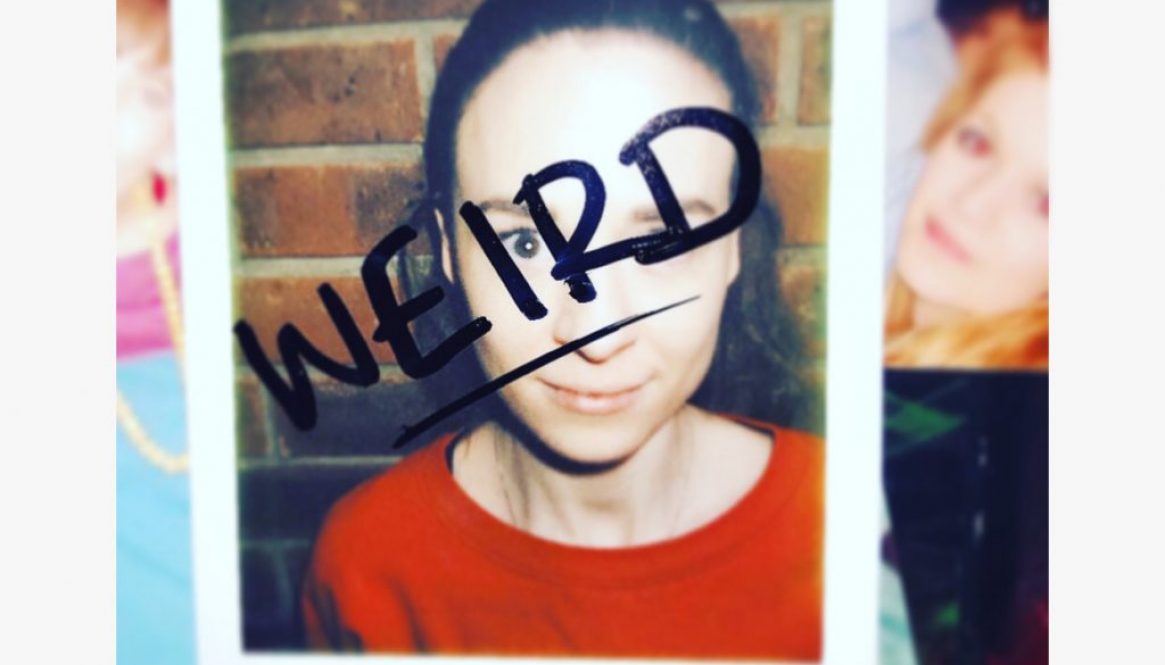Lucy Burke’s show about living with OCD offers an intimate glimpse into the world of someone struggling with mental health issues.
Amy Doyle’s acting is superb, with the multitude of characters portrayed all having distinct and varied personalities. Yasmin’s character is funny, sympathetic and complex – a difficult blend that is acted well. In one of the opening scenes between Yasmin, the protagonist, and her mother the manic, cloying energy of the mother figure perfectly contrasts the confused and anxious daughter.
Each of the characters – whether it’s a nosey neighbour or a childhood bully – are clearly individual and recognisable, and Doyle’s switching between them is fluid and dynamic. However, some of the character’s portrayed come off as slightly over the top. Yasmin’s sister, Katy, gushes “OMG” and other teenage slang which feels unbelievable, detracting from the otherwise understated but well-crafted dialogue.
The narrative structure is similarly diverse with a non-linear timeline dipping back into Yasmin’s childhood and offering glimpses into her first sexual experiences, school life and reliance on compulsions. These flashbacks create a vivid backstory and help to define Yasmin’s personality and her condition in a substantial way.
WEIRD depicts OCD carefully and expansively through a series of small actions, from constant exercise to touching walls ten times and revising relentlessly. These personal, intimate moments create a portrait of mental illness in a short time that is both intense and skilfully done, avoiding simplification.
The storytelling is organic and the different situations results in a variety of effects of the illness being shown, from family to physical damage to self-esteem, offering a well-rounded look into life with mental health issues.
The jumping narrative does sometimes lack cohesion, and this is most clear in the ending. The show is wrapped up very quickly in an ambiguous, albeit positive way, which jars with the slow and thoughtful pace of the story up until this point. It comes across as slightly too simple compared to the complexity portrayed in the rest of the performance, and stops Doyle’s performance and Burke’s story from truly making their point.
